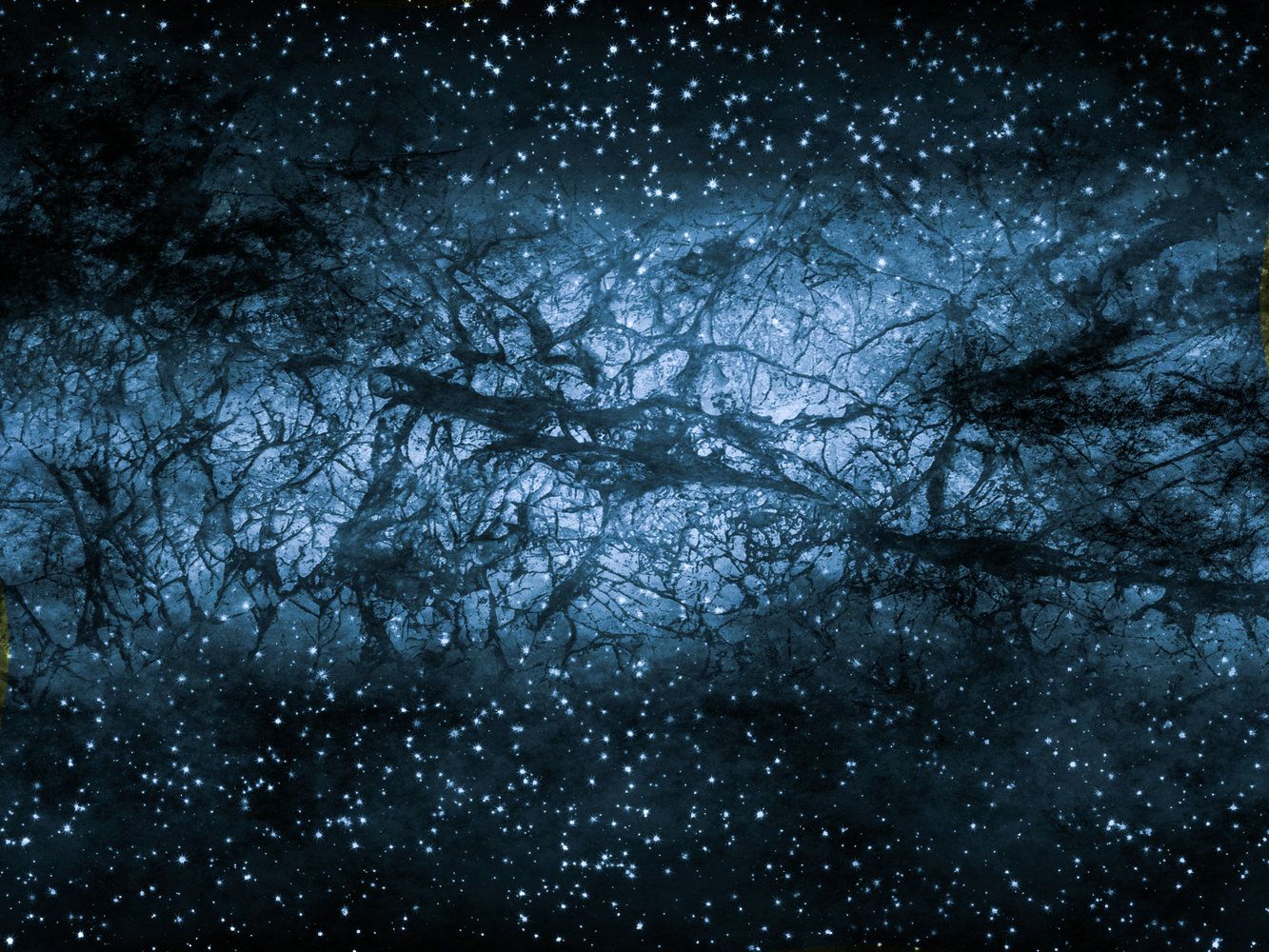Our universe is permeated with a vast, unseen force that seems to oppose gravity. Physicists call this force dark energy, and it is thought to be constantly pushing our universe outward.
But in June, a group of physicists published a paper in the preprint journal arXiv implying that dark energy changes over time. This means that the universe will not expand forever but might eventually collapse into the size it was before the Big Bang.
Almost immediately, however, physicists found problems with the theory: Several independent groups subsequently published papers that suggested revisions to the conjecture. Now, a paper published on Oct. 2 in the journal Physical Review D suggests that, as it stands, the original conjecture can’t be true because it can’t explain the existence of the Higgs boson — which we know exists, thanks to the Large Hadron Collider, the massive particle collider on the border between France and Switzerland. [Beyond Higgs: 5 Elusive Particles That May Lurk in the Universe].
